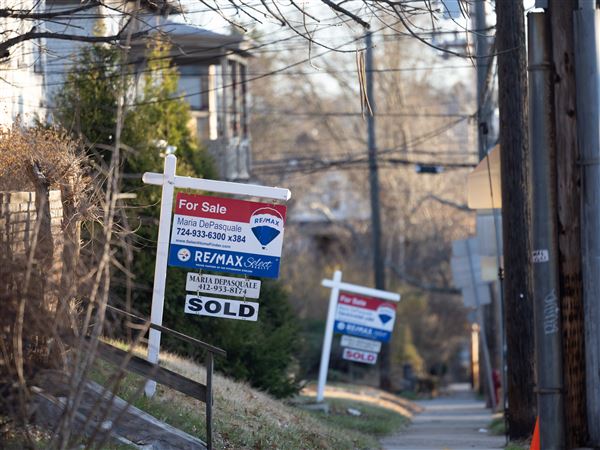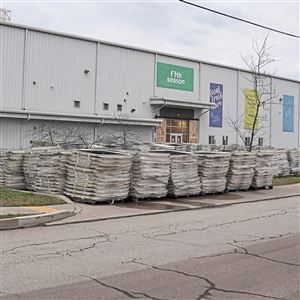This fall is the 10th anniversary of losing my dad to the opioid epidemic.
He was the person who fostered my love of public transit and took me on my first roller coaster. He also abused prescription opioids for most of my life. He struggled for years and caused no shortage of volatility and pain for my family. Loving someone who struggles with addiction is never easy but losing them before they have a chance to recover is hardest of all.
Supporting harm reduction policies and programs is my commitment to my dad’s memory, but it’s also my commitment to the neighbors whom we’ve lost and the families who loved them. Dead people can’t recover; we need policies that keep people from dying if we want a long-term solution to the overdose crisis.
These policies are as commonsense as fastening your seatbelt, wearing sunscreen, or reminding your kids to wear a helmet — all these actions reduce the risk of harm in your everyday activities.
Harm reduction is a set of evidence-based, practical strategies and programming to protect people who use drugs from death or injury. We see these strategies at work here in our communities: in 2017, we lost 737 individuals to accidental opioid overdose in Allegheny County. In 2018, we saw a 41% decrease — losing 434 individuals — the same year that our Allegheny County Health Department distributed more than 8,000 kits of Narcan and trained more than 2,000 individuals on how to use this overdose-reversing medication.
This decrease is excellent news, but losing 434 people means we are still failing to address the full magnitude of this crisis. Every one of those 434 people was someone’s son or daughter, and every one of those deaths was preventable.
Harm reduction isn’t about ignoring or minimizing the very real and tragic dangers that accompany drug use, it’s about responding with humane strategy rather than judgment. We’re in the midst of a fourth wave of overdose linked to stimulants such as methamphetamines. We’re losing people to overdose who didn’t realize they were ingesting fentanyl. We’re seeing rising rates of HIV and Hepatitis C infections across the commonwealth. If our drug policies can rise to meet the full realities of this crisis, we can respond accordingly.
The principles of harm reduction in practice look like the syringe exchange program run by Prevention Point Pittsburgh. Each time an individual comes in to receive supplies, that is an opportunity to have a friendly conversation, connect them with testing for diseases spread through the sharing and reuse of syringes and, if they are ready, offer them counseling on entering a rehabilitation program. In fact, people who interact with syringe exchange programs are more likely to enter a rehabilitation program than those who do not.
Despite the support growing for harm reduction interventions, Pennsylvania is the only state in the Northeastern part of the United States to explicitly ban syringe exchange programs. Evidence-based harm reduction programs have been enacted in both red and blue states, including in Indiana, where then-Gov. Mike Pence declared the opioid crisis a medical emergency and enabled needle exchange programs in 2015.
We need to meet people where they are: Drug use is enormously complex and there is no uniform pathway to recovery. People who use drugs can and should be supported no matter where they are in that journey. Recovery is a process that is neither static nor linear, and drug use reflects a similar spectrum: from severe, chaotic abuse to total abstinence.
When we focus on solutions to the overdose crisis, we must hold space for those of us who mourn. Hold space for the people we’ve lost. Hold space for the people we love who haven’t found a way to recovery yet. We must recognize that every piece of meaningful harm reduction policy — be it Narcan distribution, syringe exchange programs, decriminalizing fentanyl test strips, supervised injection sites or other public health programs — is a chance to stop an overdose death and another opportunity at recovery.
We need to enshrine and expand our harm reduction strategies. As leaders and legislators, we must do everything in our power to save lives rather than criminalize addiction. As a daughter of a person who used drugs, I don’t want anyone else to experience losing someone they love to drug use.
We have the playbook: It’s time to take action. Together, we can build a system where no family is left behind.
Sara Innamorato represents the 21st House District in the Pennsylvania House of Representatives.
First Published: October 7, 2019, 9:00 a.m.
















